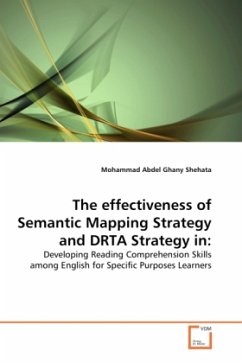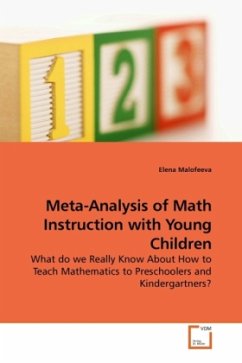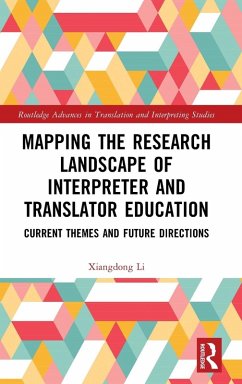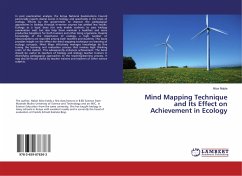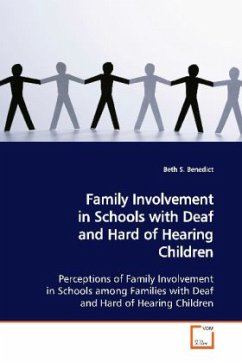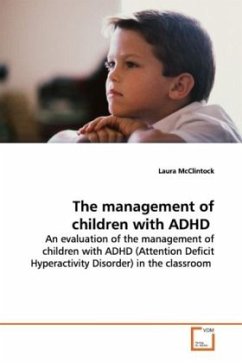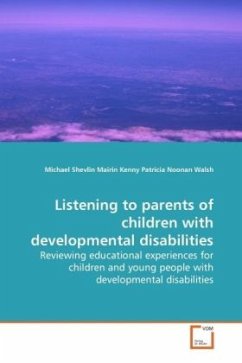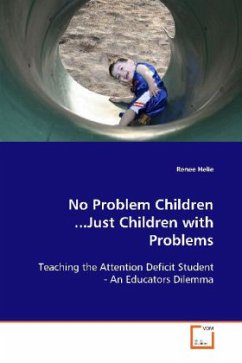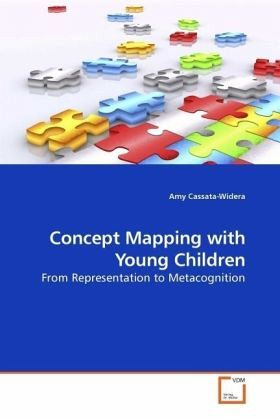
Concept Mapping with Young Children
From Representation to Metacognition
Versandkostenfrei!
Versandfertig in 6-10 Tagen
32,99 €
inkl. MwSt.

PAYBACK Punkte
16 °P sammeln!
The development of metacognitive control skills involves learning to regulate thought and behavior toward planning, applying strategies, monitoring progress, and accomplishing goals, providing an important foundation for future academic success. Using mixed methodology, this study explores the potential for the concept map to function as a metacognitive tool with kindergarten children in one classroom over eight weeks. Children came to understand the symbolic, communicative and metacognitive nature of the task through instructional interactions during concept map creation and revision. Creatin...
The development of metacognitive control skills involves learning to regulate thought and behavior toward planning, applying strategies, monitoring progress, and accomplishing goals, providing an important foundation for future academic success. Using mixed methodology, this study explores the potential for the concept map to function as a metacognitive tool with kindergarten children in one classroom over eight weeks. Children came to understand the symbolic, communicative and metacognitive nature of the task through instructional interactions during concept map creation and revision. Creating concept maps independently, children demonstrated increased planning behavior as a function of concept map complexity, while children varied in concept map accuracy and self-correcting behavior according to their level of task understanding. Findings, relevant to educators, researchers, and scholars of developmental and cognitive psychology, extend knowledge on the benefits and limitations of engaging in concept mapping with young children to foster their use and further development of metacognitive processes.



